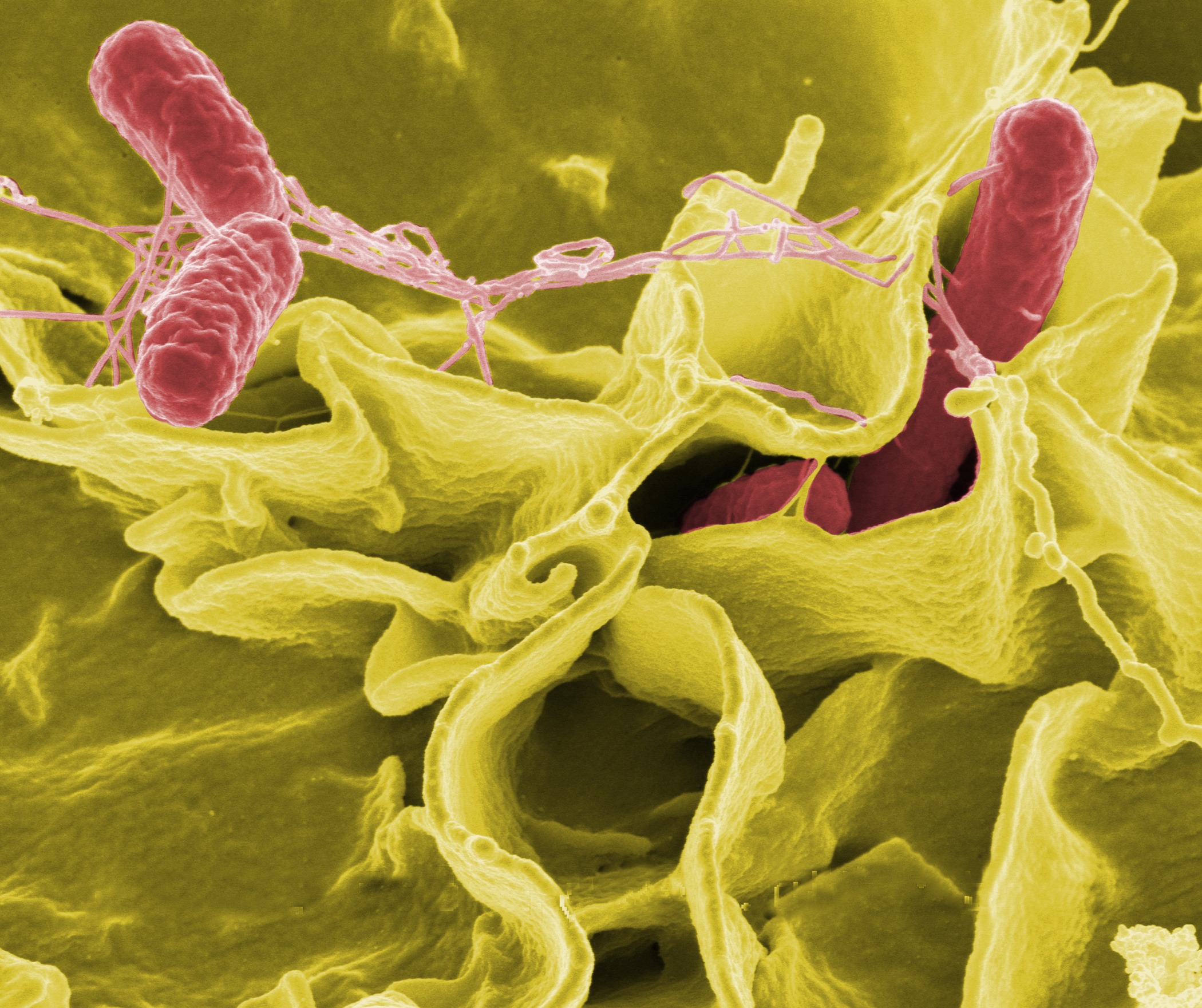By Stuart Roberts, RMIT
Growing up I never had a full understanding of just how important mathematics was in everyday life. Mathematics was always my favourite subject in school, but despite how interested I was, I never saw that it was an option for a career. Even in maths class in my final year of high school I had no idea the extent to which what I was taught was being applied in real life, and I certainly had no idea that everything I had learned to that point had barely scratched the surface of what I would come to learn.
During my final week of high school my math teacher suggested to me that I look into a degree in mathematics. I was surprised to hear that mathematics degrees even existed or that it could lead on to exciting careers. After looking into the outcomes of these courses I realised just how important mathematics was to the world we live in. From then on I didn’t see it as just another subject in school. I saw it as a language used to describe and model nature. That was when I knew I wanted a career in mathematics.
Mathematics has a wide range of applications. One of those applications is modelling disease, which is important in identifying treatment strategies and controlling public health. For my project I focused on a model we hope can be used to model the evolution of a population of tumour cells after undergoing chemical treatment. We live in a world of constant change, so it is important that the model can be implemented in a constantly changing environment. The goal of my project was to investigate the dynamics of a model that could be used to model the growth and decay of tumour cells in a slowly varying environment.
If the model is successful in fitting real data, and the factors that influence the model parameters can be identified, this work could be used to assist estimating the time or intensity of the treatment needed to rid the body of tumour cells.
Stuart Roberts was one of the recipients of a 2013/14 AMSI Vacation Research Scholarship.

